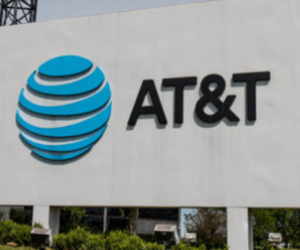In a dramatic legal move, Washington, DC Attorney General Brian Schwalb has filed a lawsuit accusing StubHub of misleading millions of sports fans and concertgoers with deceptive pricing tactics. The lawsuit, filed Wednesday, claims that StubHub employs a “drip pricing” scheme that masks the true cost of tickets until the final stages of the purchase process.
The lawsuit alleges that StubHub’s pricing strategy tricks consumers into paying more than initially advertised. Known as a “bait-and-switch” tactic, this scheme involves presenting only a partial price upfront, with additional fees revealed only at checkout. According to the attorney general’s office, this practice pressures consumers into completing their purchase due to a false sense of urgency created by a countdown clock.
Since adopting this controversial pricing model in 2015, StubHub has sold nearly 5 million tickets to Washington, DC consumers, raking in $118 million in additional, hidden fee revenue, the lawsuit asserts. Attorney General Schwalb criticized StubHub’s approach, stating, “StubHub lures consumers in by advertising a deceptively low price, forces them through a burdensome purchase process, and then finally reveals a total on the checkout page that is vastly higher than the original advertised ticket price. This is no accident—StubHub intentionally hides the true price to boost profits at its customers’ expense.”
In response, StubHub’s Deputy General Counsel, John Lawrence, defended the company’s practices. He stated, “We are committed to creating a transparent, secure, and competitive marketplace to benefit consumers.” Lawrence expressed disappointment with the lawsuit, arguing that StubHub’s user experience aligns with industry standards and legal practices. He advocated for federal and state measures to enhance consumer protection, such as requiring uniform all-in pricing across platforms.
Notably, StubHub did use an all-in pricing model from 2014 to 2015, where advertised prices included all mandatory fees. However, the company discontinued this model after finding that customers were more likely to purchase tickets when additional fees were disclosed later in the process.
The lawsuit highlights ongoing concerns about transparency in ticket pricing and could prompt further scrutiny of industry practices. As the legal battle unfolds, consumers and industry watchers will be keenly observing the implications for online ticket sales and e-commerce transparency.




